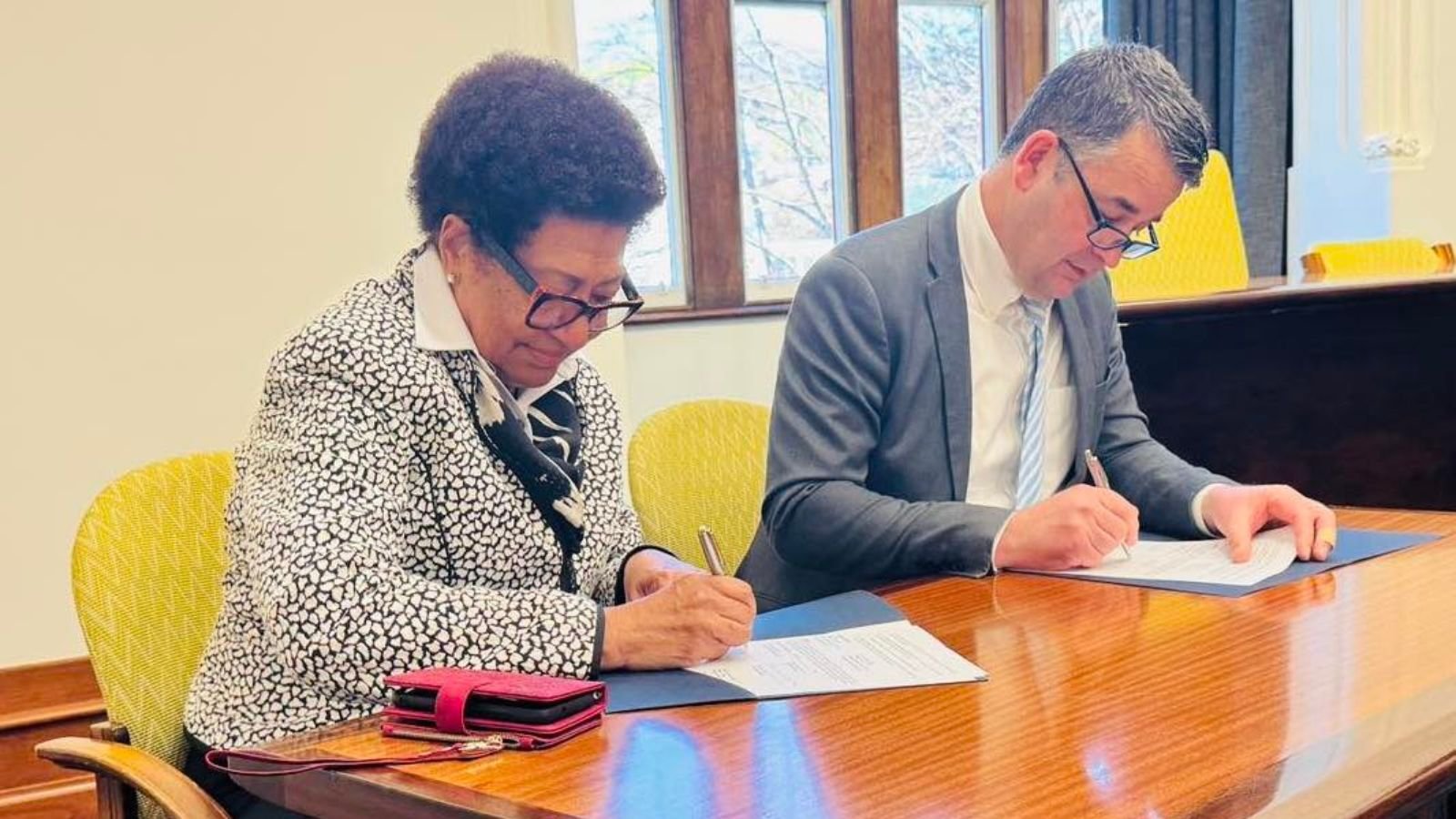Public Interest Journalism funded through NZ On Air
The Fatugatiti Aoga Amata Preschool in Papatoetoe has a school roll of 29 children. During the outbreak, attendance numbers plummeted to as low as two children, as many families went into isolation.
But the outbreak is slowing down, going from a seven-day average of over 20,000 daily cases last month to around 8000 this week.
Around half of the children have returned to the preschool following the decline and teachers have been helping them to resettle.
Atauloma Pao-Salu, the preschool team leader, says the process has been complicated as many children have learned new habits.
“Some of the children that have come back find it difficult to listen to directions, and others had forgotten routines they were familiar with before,” she says.
“Some of them have struggled to learn and prefer to play instead.”
The preschool has faced this problem for the past two years, coming off the back of level four lockdowns.
It also went into a seven-day lockdown in February when a staff member tested positive for Covid-19.
The preschool has used online learning to teach the children at home, but this has unearthed another problem.
“Many families do not have internet, and some do not have access to enough devices,” Pao-Salu says.
Emma Fepulea’i, a parent with two boys at the preschool, says her family only has access to one device, which is often shared with her primary school-aged daughter who has Autism Spectrum Disorder.
“Sometimes the boys would have to miss their zoom classes just so my daughter gets the help that she needs and the resources just to help her with her speech and her behaviour,” she says.
“It has slowed the wave of learning for them because they come to school, they learn, and then we go into lockdown, which is up to a month. It kind of takes their minds off what they were on track with,” she says.
She attempted to compensate for her situation by teaching the boys herself but says it was challenging to replicate the preschool environment.
“I do fear that they are missing some stuff because they’re not equally enjoying the learning that we give to them at home and their learning at school.”
Sapphira Moa-Sili Setefano, a teacher at the school, says children are falling behind in the way they interact with their peers and teachers.
“It puts a lot of stress on us teachers trying to resettle them,” she says.
“The more they stay home, the more they lack skill and have behavioural problems when they come back to school.”
Setefano says that older children should not have any problems transitioning into primary school, but she fears for younger children if Covid outbreaks continue.
“I think just that stop and start kind of thing will be problematic.”
Irene Paleai-Foroti, director of the Sosaiete Aoga Amata Samoa i Aotearoa (SAASIA), an organisation which oversees a number of Samoan preschools, says these concerns have been echoed by many teachers.
“Ever since Covid it has created more and more work for the teachers and I do really applaud what they have been doing for our children,” she says.
SAASIA has provided 60 laptops to help schools with online learning but limited funding means that there are many more families who are missing out.
“That is something that SAASIA is working hard to voice that issue to the Ministry of Education and other, you know, ministries – that aoga amata and ECE centres need that support,” she says.













